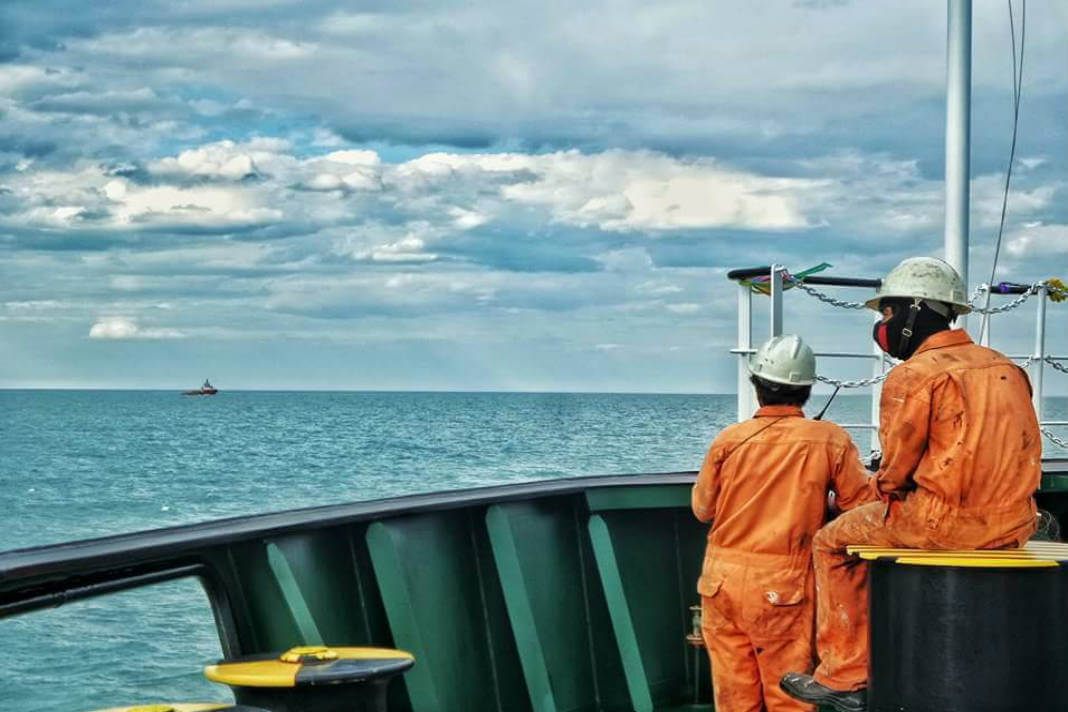Seafarers are by the nature of their jobs, significant contributors to the economy of so many countries and at the same time, prone to serious hazards.
The importance of seafaring in Nigeria, being a coastal nation, cannot be over-emphasized, as the country depends chiefly on the coastal lines for its import and export trades.
Seafaring is as old as mankind, and according to Wikipedia, the online encyclopedia, maritime history is the broad overarching subject that includes fishing, whaling, international maritime law, naval history, history of ships, ship design, shipbuilding, the history of navigation, the history of the various maritime-related sciences (oceanography, cartography, hydrography, etc.), sea exploration, maritime economics and trade, shipping, yachting, seaside resorts, the history of lighthouses and aids to navigation, maritime themes in literature, maritime themes in art, the social history of sailors and passengers and sea-related communities. Of all these, seafaring aspect of the shipping industry is obviously the aspect that is more prone to high risks and hazards.
Nonetheless, seafarers have over the years complained about poor working conditions, avoidable exposures to hazards and poor remunerations.
Relevant stakeholders like government, shipping companies etc, should not relegate the interests of seafarers to the backbench. We urge them to enforce to the later the International Maritime Organisation (IMO) condition for seafaring.
Nonetheless, we welcome development that has seen the signing of the Collective Bargaining Agreement (CBA), Nigerian Joint Industrial Council (NJIC) with the Nigerias Maritime Administration and Safety Agency (NIMASA).
The two visible workers unions in this regard- Maritime Workers Union of Nigeria (MWUN) and the Nigeria Merchant Navy and the Nigeria Merchant Navy Officers and Water Transport Senior Staff Association (NMNOWTSSA), should re-double their vigilance to ensure the interests of the seafarers are protected.
It is instructive to note that the IMO recently outlined some measures to protect the interests of seafarers, especially during the covid-19 period.
Some of these are designating seafarers as ʺkey workersʺ and ensuring unhindered movement across borders; ensuring safe ship crew changes; prioritize vaccination of seafarers; and considering exempting seafarers from any national policy requiring proof of COVID-19 vaccination as a condition for entry.













